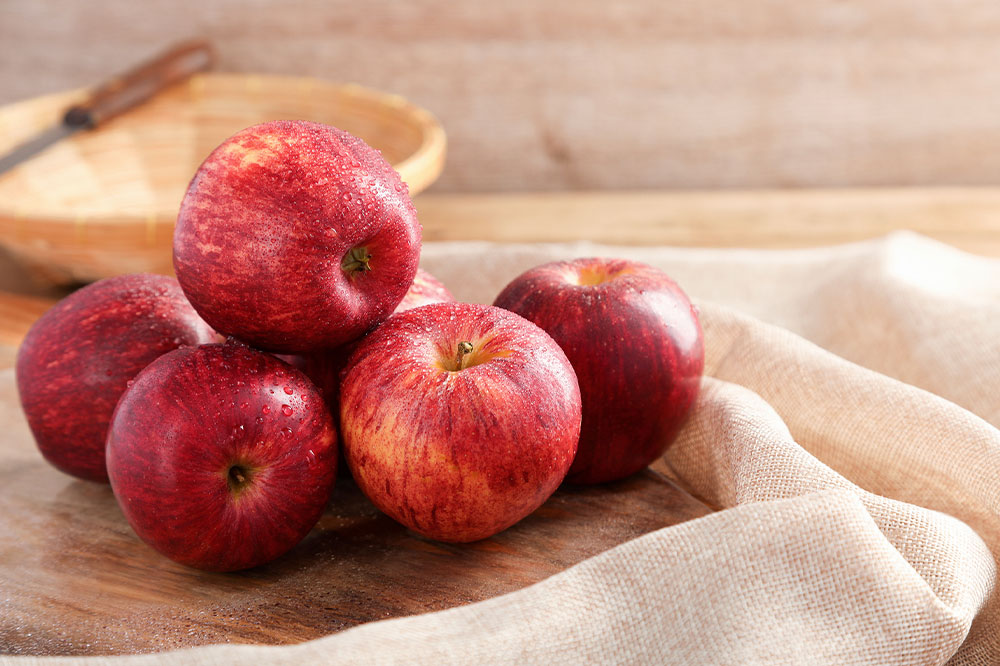14 Home Remedies for Cold-Like Symptoms

Feeling sick and congested is common during the flu season. The combination of fever, chills, body aches and nasal congestion can make anyone feel miserable. Fortunately, certain at-home remedies can relieve the symptoms, helping one return to their daily activities. These remedies can also alleviate cold and cold-like symptoms, like those of the flu. So here are some natural ways to manage cold-like symptoms, such as nasal congestion and sore throat:
Stay hydrated
One should have a lot of fluids, especially warm beverages, when they are affected by a cold, flu, or fever. Staying hydrated can help relieve congestion and keep the throat moist. So one can opt for water, sports drinks, herbal tea, and fresh juices. However, caffeinated beverages like coffee, tea, and sodas can cause dehydration, worsening the symptoms.
Get adequate rest
Dealing with an infection like Covid or the flu can drain one’s energy, leaving one feeling tired. So, to allow the body to combat the underlying infection, one must give it the rest it deserves. Those dealing with cold, flu, or other infections should take a break from school and work and rest to speed up recovery. As infections can be contagious, one should stay indoors and isolate themselves to avoid spreading the illness.
Gargle with warm salt water
Warm salt water can moisten the scratchy and sore throat and offer temporary relief. One can add half a teaspoon of salt to eight ounces of warm water and garage with it four times a day till one’s health improves. Further, gargling or having warm tea can soothe the tickle in the throat.
Try steam inhalation
Inhaling warm steam or using a humidifier can help relieve the mucus buildup. It can also help one deal with a cold by reducing the recovery time. Humidifiers convert water into vapor to moisten the dry air. So, when one breathes in moisture, it dislodges and thins the mucus. Additionally, it also helps soothe irritated sinuses. However, one should ensure that the humidifier is cleaned once in a while, or it can become a breeding ground for microorganisms like bacteria and mold, which can aggravate sinus issues.
Use a neti pot
A neti pot can help rinse the mucus from the nose. This tool is designed to help flush out phlegm. All one has to do is bend their head sideways over the sink and insert the neti pot spout in their upper nostril. Next, they should pour the saltwater solution into the nostril and let water flow out of the other nostril. Alternatively, one can use devices like pressurized canisters and squeeze bottles if they do not have a neti pot.
Choose foods with vitamin C
Vitamin C offers several health benefits. Some excellent vitamin C sources include leafy greens, grapefruits, oranges, limes, lemons, and other fruits and vegetables. Adding some fresh lemon juice and honey to hot tea can help reduce phlegm when dealing with cold and nasal congestion . Cold or hot lemonade can also be beneficial. Even though these drinks might not relieve colds entirely, they can help one get the vitamin C that the immune system requires. Getting adequate amounts of this nutrient can offer relief from respiratory tract infections.
Try beetroot juice
Beetroot has healthy nutrients and antitumor, antioxidant, and liver-guarding properties. Beets also help stabilize blood sugar levels, reduce blood pressure, and help improve cognitive and physical performance. Further, studies suggest that beetroot juice can help combat cold symptoms, especially among people with asthma.
Clear the nose frequently
This is the most straightforward technique to relieve cold and congestion. Blowing one’s nose can sometimes be better than sniffing the mucus back. However, one should be gentle and do not blow too hard as it can send the germ-carrying phlegm into the ear passages, resulting in ear aches.
Take hot showers
If one is looking for instant relief from all the viral symptoms, one should take a quick hot shower. Like steam and humidifiers, the vapors from hot water can help with a stuffy and runny nose. One should position their face directly into the steam for better results.
Add spices and veggies to meals
Some vegetables that help the immune system fight infections include broccoli and red bell peppers. Spices such as astragalus, garlic, and curry can also help with inflammation.
Use a warm compress
A warm compress helps unclog the stuffy nose by opening the nasal cavity and lowering inflammation. One can directly apply a hot compress to relieve cold-like symptoms. It will reduce the inflammation in the airways, making it easier to breathe.
Increase zinc intake
Zinc has a crucial role in strengthening one’s immunity and can prevent infectious agents like rhinovirus from reproducing and thriving. So, when one is affected by a viral infection, they can take zinc supplements or lozenges. In addition, adding zinc to daily meals can help relieve cold symptoms like sneezing and a runny nose in a day or two. However, one should seek expert advice on the dosage and type of zinc sources to consider.
Try cold compresses
If a sinus headache accompanies the cold, one can place a cold compress on the affected area to ease the symptoms by lowering the inflammation. One can make a cold compress by moistening a towel or cloth and freezing it for 15 minutes before placing it on the part of the body experiencing pain. When one has a fever, placing a damp and cool cloth on the forehead can help lower the temperature.
Try honey
Coughing at night can hamper sleep, making it difficult to get the rest one needs to recover. So, one can try some honey by adding a spoonful to lukewarm water. It may help soothe the throat and temporarily ease coughing.






